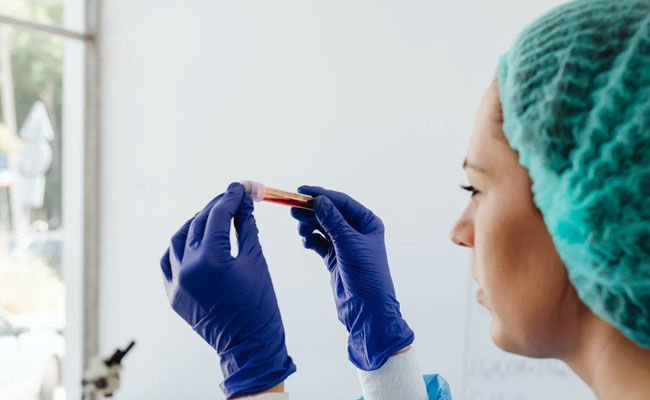
China’s Diabetes Prevention and Control Guidelines (2024 Edition) is newly released, leading a new change in diabetes management!
2025-01-02
The “Quadruple High” Crisis Among Young People: A Wake-up Call for Health
2025-03-05In recent years, with the improvement of living standards and changes in dietary structure, hyperlipidemia, which was originally regarded as a disease of the middle-aged and elderly, has quietly attacked the younger generation, and not a few young people have been diagnosed. A study shows that the rate of dyslipidaemia among young people aged 20-29 is as high as 21.24%. High blood lipids not only affect cardiovascular health, but may also increase the risk of heart disease and stroke. However, in the process of lowering lipids, many people are prone to fall into the misunderstanding, thus affecting the effect of lowering lipids.
Myth 1: Hyperlipidaemia is only for the elderly
High blood lipid is not exclusive to the elderly, but young people also need to pay attention to their blood lipid level. In particular, an increase in bad habits, such as excessive intake of high-fat and high-sugar foods, lack of exercise, and increased stress in life, may lead to elevated blood lipids in young people. Therefore, young people should also have their blood lipids tested regularly and maintain good lifestyle habits.
Myth 2: Hyperlipidaemia only occurs in fat people?
The occurrence of hyperlipidemia is not directly related to fat or thin body, but more affected by dietary habits, living habits and genetic factors. If obese people only have accumulation of subcutaneous fat, without other disease interference, blood lipid may be normal. On the contrary, thin people may also suffer from high blood lipids if they are affected by genetics, environment or diseases. Therefore, regardless of body type, we should pay attention to the health of blood lipids and take appropriate measures to prevent high blood lipids and related diseases.
Myth 3: Can a vegetarian diet lower blood lipids?
Although vegetarian diet is lower in calorie and fat content compared to meat, which is conducive to improving dyslipidaemia, simply eating vegetarian diet does not guarantee lipid lowering, and it is also very easy to fall into dietary misconceptions such as uneven nutrition and improper selection. If the carbohydrate intake in vegetarian diet is too much, or improper selection (such as excessive intake of nuts, fried food, etc.), it may still lead to increased blood lipids. Therefore, to lower blood lipids, it is necessary to consider a variety of factors and adopt a scientific and reasonable diet and lifestyle.
Myth 4: Can I stop taking medication immediately when my blood lipids are lowered?
The medication should not be stopped immediately after the blood lipid is lowered. Lipid lowering is a long-term process that requires comprehensive consideration. Lipid lowering may result from medication and lifestyle adjustments, and is prone to rebound after stopping medication. Unauthorised discontinuation or dosage reduction may lead to serious consequences, such as rebound of blood lipids, cardiovascular and cerebrovascular diseases. Patients should adjust the medication according to the doctor’s advice, and at the same time focus on a healthy lifestyle to maintain stable blood lipids.
Myth 5: Can’t eat eggs for hyperlipidaemia?
Patients with hyperlipidemia can eat eggs, but it is recommended to have no more than one per day to control cholesterol intake. Egg yolk has high cholesterol content of about 200mg, while the daily cholesterol intake of hyperlipidemic patients should be controlled within 300mg. Therefore, moderate consumption of eggs will not lead to high blood lipids, but attention should be paid to the overall dietary structure of a balanced and reasonable.
Lowering blood lipids is a long-lasting therapeutic process, which must be carried out under the guidance of a professional doctor, following scientific principles and adopting a step-by-step approach. This includes reasonable dietary adjustments, regular exercise, regular monitoring of blood lipid levels, and reasonable use of lipid-lowering drugs according to the condition. Patients should avoid blindly using medication on their own or rushing for success, so as to ensure the safety and effectiveness of the treatment and ultimately achieve the goal of controlling blood lipids and maintaining health.




